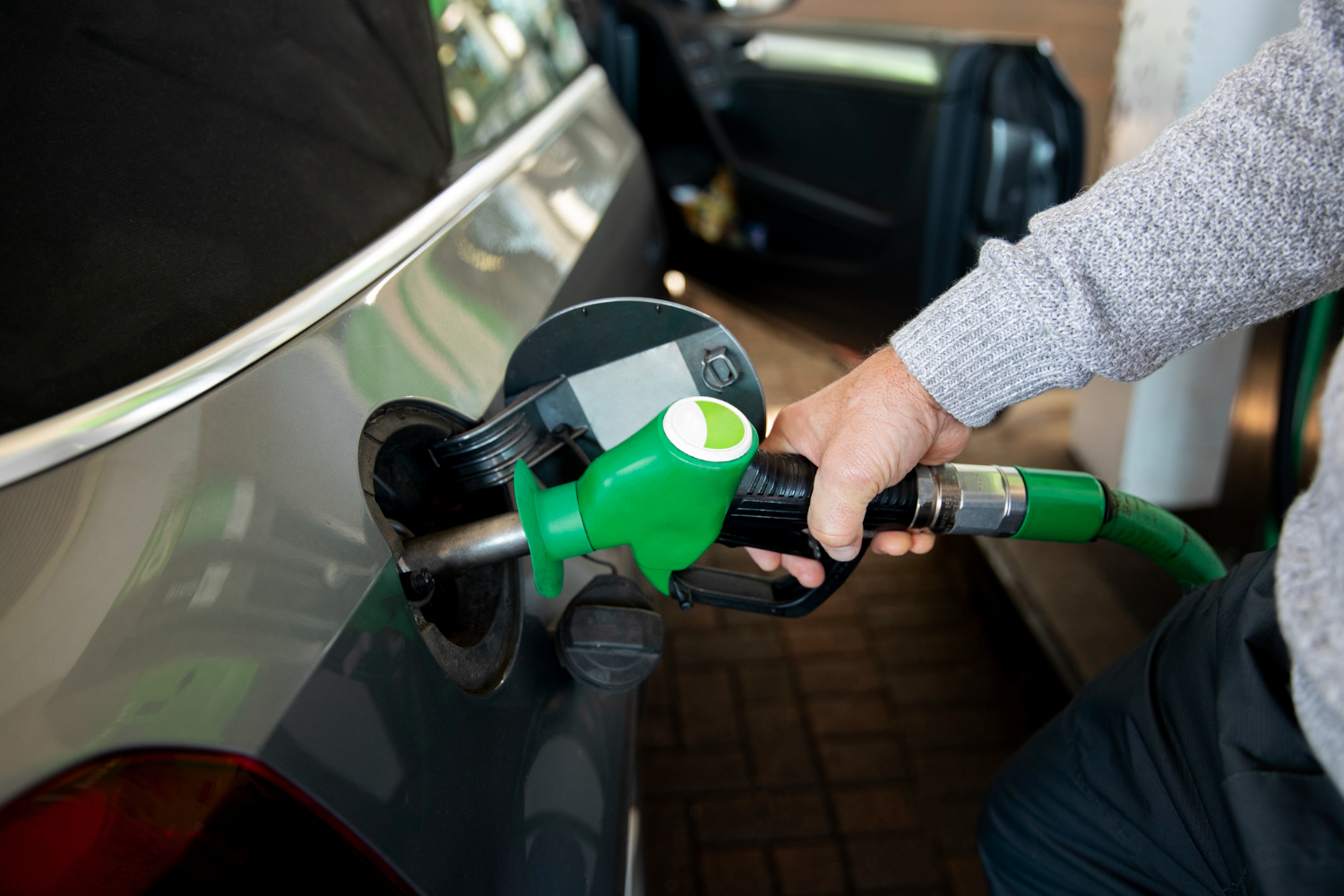The article discusses the benefits of bioethanol as a substitute for petroleum in the U.S. and criticizes the slow progress of the EU and Germany in the use of biofuels and the energy transition. It stresses the need to switch mobility to biofuels in order to improve environmental and climate protection.
The UCO-Scam
The article discusses the continued dominance of fossil fuels in the transport sector. Despite many efforts to decarbonize, the influence of fossil fuels remains. It is a critical look at the challenges that continue to block the path to more sustainable mobility.
Performance Enhancement with Biofuel
The article highlights that the increase in power of the Koenigsegg Agera’s engine through bioethanol is remarkable, as it only reaches 960 hp with Super 95, compared to 1,140 hp for E85 or E100. In addition, FFV (Flexible Fuel Vehicle) technology is mentioned as cost-effective and increasingly popular.
Do we still need Biofuel
The article discusses the role of biofuels in the context of electromobility and questions whether biofuels are still relevant as electromobility increases. It is argued that despite the benefits of electric mobility, biofuels can play an important role in the transition phase and help reduce dependence on fossil fuels.
Almost 100 Years of E 10 Admixture
State alcohol admixture is not new. As early as 1930, oil companies were required to purchase 2.5-10% fuel from domestic alcohol. The aim was independence from oil imports and strengthening agriculture.
28% of arabale lands produces waste
The article discusses the problem of biofuels in the context of environmental damage and food waste. A UN study shows that 1.3 billion tons of food are wasted globally every year, which has a significant environmental impact. Waste is considered immoral.






